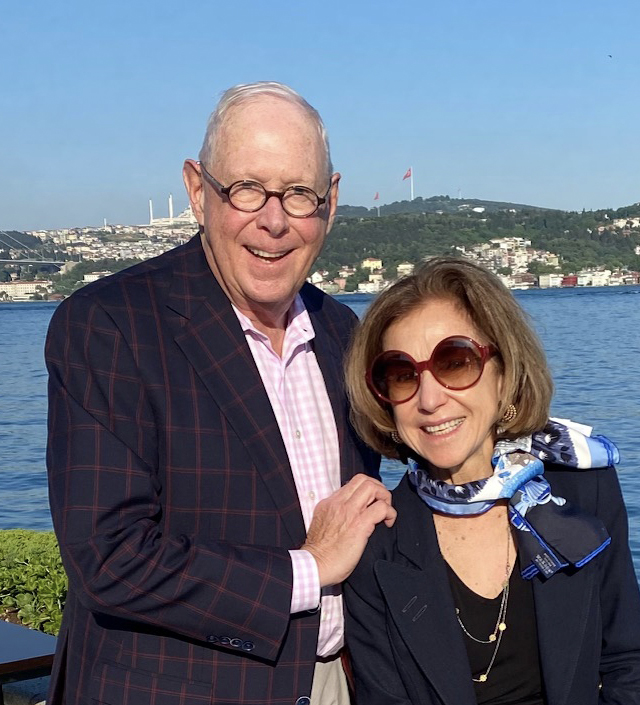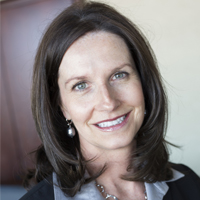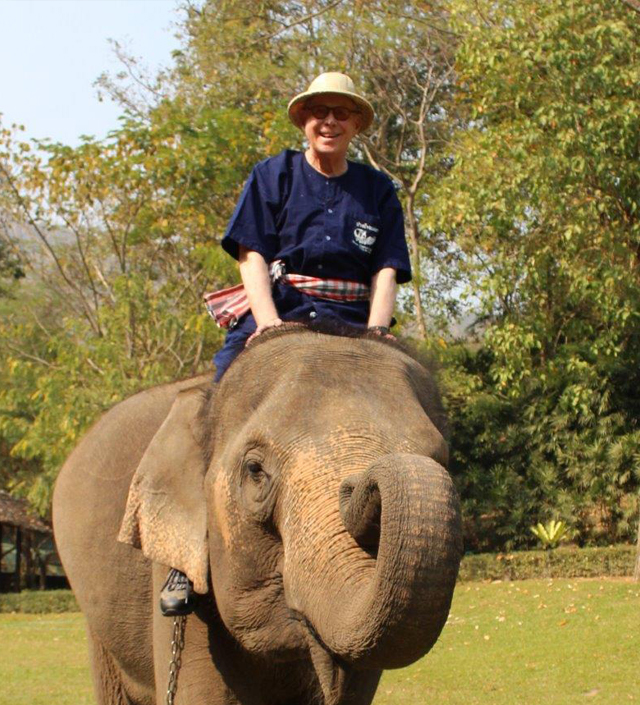If your clients are spending more time talking about how they can “reinvent” themselves, live their “second act” or even find their “bliss,” as author Joseph Campbell advised, they most likely are approaching what used to be called “retirement.”
For many workers getting ready to wrap up their primary career, these concepts aren’t just catchphrases. They can become reality. But that takes a degree of introspection and mindful planning for the future, often with the help of a financial advisor.
Christine L. Carleton, CFP, a senior wealth advisor and shareholder at Truepoint Wealth Counsel LLC, says no matter what course a second act may take, it’s essential to help clients identify their plans for life in retirement.
“At the front end, we talk about their vision for an ideal future; what are their values and priorities,” Carleton, based in Cincinnati, says. “Without a purpose, it can lead to an unfulfilling retirement.”
This conversation often can start in a person’s late fifties — well before typical retirement age. Clients and their life partners can take a block of time to go over worksheets that help guide the discussion, Carleton says.
One couple she works with, for example, had a four-hour flight to California with built-in downtime. Going through the worksheet process on the flight, they found their visions surprised each other: The husband wanted to write a book; his wife was interested in becoming a political candidate.
Another client of hers who retired from a corporate career went through a similar process of self-discovery. She ultimately chose to volunteer for a nonprofit organization that helps people dealing with substance abuse. She is now that organization’s first executive director, Carleton says.
A second act from a lifetime passion
For Carleton, one particular client she has worked with for seven years is remarkable for turning his lifelong passion for travel into a second career he’s built through his fifties, sixties and now seventies.
Tony Huffman founded Huffman Travel in 1997 soon after he retired from a 20-year career as vice president of marketing for a family owned Fortune 500 company.
“It’s an unusual second act that spans the same amount of time as the initial career,” Carleton says.
Huffman, chairman of the company, established a second career as a travel advisor to clients seeking customized, high-end experiences. But that was not always an obvious choice, despite his lifelong love of travel.
He had an opportunity to retire from corporate life at age 53. “For three months I did nothing. I flunked retirement,” he says. “But I always had travel in my gut,” he adds.
“For three months I did nothing. I flunked retirement,” he says. “But I always had travel in my gut.”
—Tony Huffman

After college graduation in 1965, Huffman joined the U.S. Navy, serving until 1969. Then he lived in Washington D.C., and joined the U.S. Department of State’s Foreign Service. He and his wife and young family were posted to Istanbul, where they lived for three years. He considers Turkey his “second home” and returns there regularly for personal travel and to lead travel groups.
After Turkey, his next posting — slated to be in Afghanistan — didn’t hold the same appeal, so he joined the family business in Dayton, Ohio, where he was born and raised.
As engaged as he was in his corporate work, when he left after 20 years, “I had no idea what I was going to do,” Huffman says.
But he didn’t rule out a second career connected to travel. He began the company in 1997 and even then the travel industry seemed “destined to disappear,” he recalls, as the Internet became a way for travelers to book flights and hotels.
“People told me I was crazy but I was going to do it anyway,” Huffman says. His first step was to re-imagine a travel career. He saw himself as a travel advisor — not an agent booking tickets for increasingly smaller commissions.
“Building from zero,” Huffman says he made his second career profitable by establishing a fee-structured service focused on luxury trips, which make up 70% of his business. He uses his expertise to provide customized travel guidance and a personal relationship with clients.
During the height of the Covid pandemic, for example, he said he spent three months canceling trips and trying to get money back to his clients or credits for future use. By offering this type of service and communication, his client base actually has increased, Huffman says, and he is back to planning many more trips.
Like a financial advisor helping people realize monetary returns on their investments, Huffman says his travel advisor service gives clients “a return on life. Travel is a huge part of life.”
A new role can work for you
To help his new business succeed, Huffman says the “tactical lessons” he learned when working for a large company were invaluable. He understood a balance sheet, for example, and he knew how to “take risks and how to manage them,” he says. “In many cases we made mistakes, but we learned.” His business has flourished and he has several employees in offices in Dayton, where he is based, and in Chicago, where his daughter Shawna Huffman Owen, who joined the company 12 years ago after a previous career, is based. She is CEO.
Huffman urges those planning to retire “to follow your passion, if you have a passion.”
And that “passion” is different for every client.
“The No.1 thing I find is that people focus so much on the finances of retirement that they don’t focus on the life aspects,” Carleton notes.
“The No.1 thing I find is that people focus so much on the finances of retirement that they don’t focus on the life aspects.”
— Christine Carleton

If a client can make something they enjoy into a profession, it lessens the need to draw upon retirement funds, she says. She cites several creative examples:
One of her female clients who worked in the corporate world enjoyed cruising. So she took an unpaid position with a cruise line in which she taught computer classes during the voyage between ports. She could cruise for free and had time to explore the ports as a traveler.
Another client took a job at a small airline’s bus service to transport pilots to their planes. The job didn’t pay much, but it came with a benefit — he could travel on the airline for free.
Yet another client who had been the equipment manager of a sports team took a spot as a starter for a golf course and got to enjoy his favorite hobby — golfing — for free.
Making a bucket list can help
Sometimes a client really can’t envision what they will do when they retire. “I see that most frequently among higher-powered executives,” Carleton observes, adding that these clients can be so focused on their business they have no time to think about the rest of their life. But once faced with a scaled back work life, one client found he was active and happy. “Now he wonders how he had time to work,” she adds.
For Huffman, the first words that appear on his website are: “Your bucket list starts here.”
And he is a believer in making a conscious, organized effort to reach one’s bucket list goals — whatever area they are in. And his happens to be in the area of travel.
“I sit down with clients and create a five-year plan — six things they really want to do and the best time of year to do them in. Then I calendarize it,” he says.
Huffman has his own bucket list, one item on which happens to be making a trip to Poland. He will be in Vienna in the months ahead for a travel industry meeting, and he may fit in a trip then, he says.
“Why haven’t I been to Poland yet? I don’t know!”
Patricia McDaniel is a freelance writer and editor and former journalist with Gannett’s New Jersey newspapers. She can be reached at pmcd5353@gmail.com.







